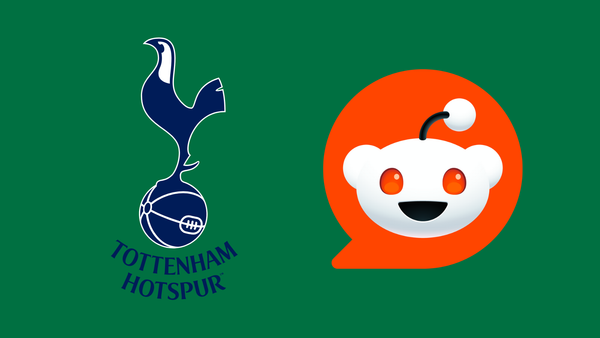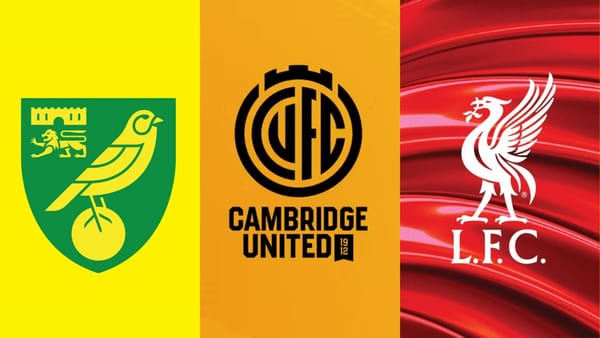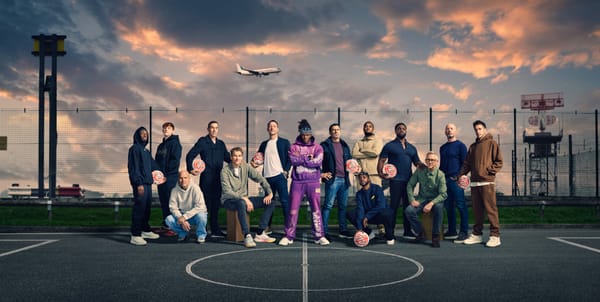The best social media performers in this year's Champions League

It’s easy to see how the teams are doing on the pitch, but how did this year’s Champions League teams do online during the group stage?
That’s the question that marketing and communication specialist Luca Dalla Costa has answered – along with his friend Bruno Perrin – after taking a look at the teams’ performances on Facebook, Twitter and Instagram.
In an article for Rivista Undici (helpfully translated into English by Luca on LinkedIn Pulse), Ligue One’s Paris Saint Germain came out on top. The French club won 355 points in his table, which took into account factors such as the total growth of followers over the group stage.
Each of the 32 clubs were then ranked, with 32 points going to first place and one point going to the club at the bottom. Some teams weren’t on all the networks – Russia’s Astana and Bate Borisov on Facebook and Dynamo Kiev, Shaktar, and Bate on Instagram – so they were automatically awarded 0 points.

On Facebook, Roma came out on top, followed by PSG and Juventus. A surprise entrant in the top 10 was Swedish side Malmo, who crashed out of the competition in the group stage after only winning one game, scoring one goal, and conceding 21 in their six games (including an 8-0 hammering by Real Madrid).
Twitter threw up more surprises: German club Bayern Leverkusen came out on top, closely followed by Bayern Munich and PSG. Real Madrid saw the biggest growth on this network, gaining 587,962 new followers during the three month group stage to give them an overall follower count of nearly 18m.
The final network Luca looked at was Instagram, where Barcelona and Real Madrid each added over 5m new followers. The top performers however, were PSG. A special mention has to go to Kazakhstan’s Astana who were the country’s first ever Champions League participants – they had the highest percentage growth of followers on Instagram, boosting their following by 101.8% during the group stage.
Luca ends his analysis by highlighting that clubs increase their following whether they win, lose, or draw, and that there is no correlation between a club’s final group position and the total increase of fans. You can read his full analysis at the link below.
Source: LinkedIn Pulse





